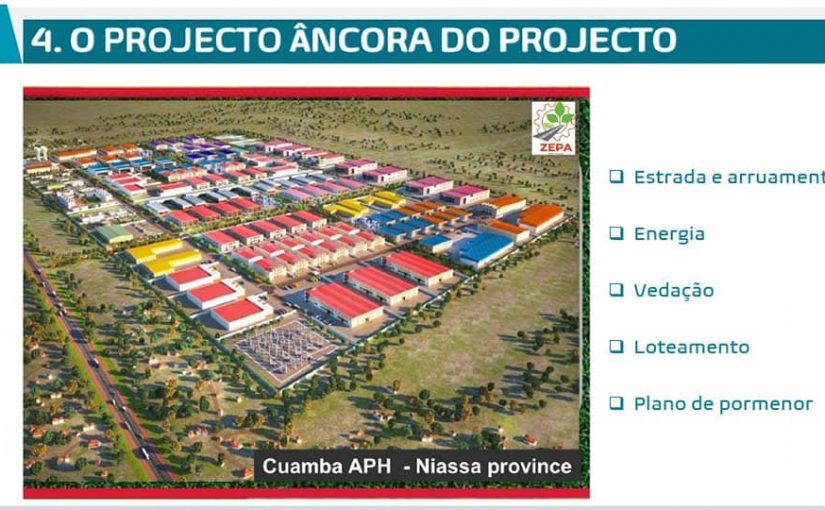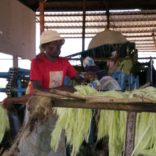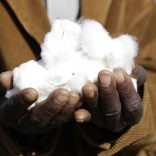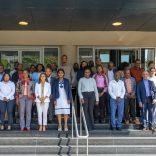Mozambique: Cashew sector growth transforming community livelihoods, says Agriculture Ministry
Mozambique | Project ZEPA: Niassa to be site of agro-industrial processing hub

Image: Conselho Executivo Provincial do Niassa
The Implementation Plan for the Pemba-Lichinga Integrated Development Corridor Special Agro-Industrial Processing Zone (ZEPA) was presented to and discussed with provincial decentralised governance bodies in Lichinga, Niassa province, on Monday (12-12).
The activities of the first phase of the ZEPA Project will be centred in Cuamba district, Niassa province. They are divided into three components: the strengthening of institutional capacity surrounding the policy, regulatory and business environment for agro-industrial development; supporting agricultural productivity, skills and business development to boost agricultural value chains; and the project coordination and management component.
“It is with great satisfaction that we host this socialisation meeting of the ZEPA Project here in Niassa,” Governor Elina Judite Massengele Sá pointed out in her intervention on the occasion.
“We welcome ZEPA with satisfaction, because, in addition to uniting our populations with those of Cabo Delgado, it brings to our bosom, more agricultural productivity and the development of agribusiness,” she continued.
“Therefore, it is our expectation that two to three priority value chains be listed, whether they be soy, sesame, macadamia, potato, wheat, beans, corn, cotton or even chicken, so that, In the long term, we will improve agricultural productivity and the development of agribusiness in our province, for the sake of our population’s well-being.”
“So, let’s discuss the implementation of the ZEPA here in Niassa, taking into account that we are already in the middle of fulfilling our 2020-24 five-year-plan,” the governor concluded.
Deputy Minister of Industry and Commerce, Ludovina Bernardo, said in his intervention that “with this project we want, in a first phase here in Niassa, to develop a modern infrastructure and common facilities, to encourage participants in the private sector to establish food processing units based on the cluster approach, linking groups of producers with processors and markets. These clusters will help reduce surplus waste and add value to agricultural products, which will result in increased income for farmers and creation of jobs locally”.
The project is implemented by the Ministry of Industry and Commerce, through the Agency for the Promotion of Investment and Exports (APIEX), in coordination with the Ministry of Agriculture and Rural Development (MADER) and has a duration of five years (2022 to 2026). Its budget of US$ 47.09 million is financed by the African Development Bank (AfDB), with the participation of the Government of Mozambique and beneficiaries.












Leave a Reply
Be the First to Comment!
You must be logged in to post a comment.
You must be logged in to post a comment.